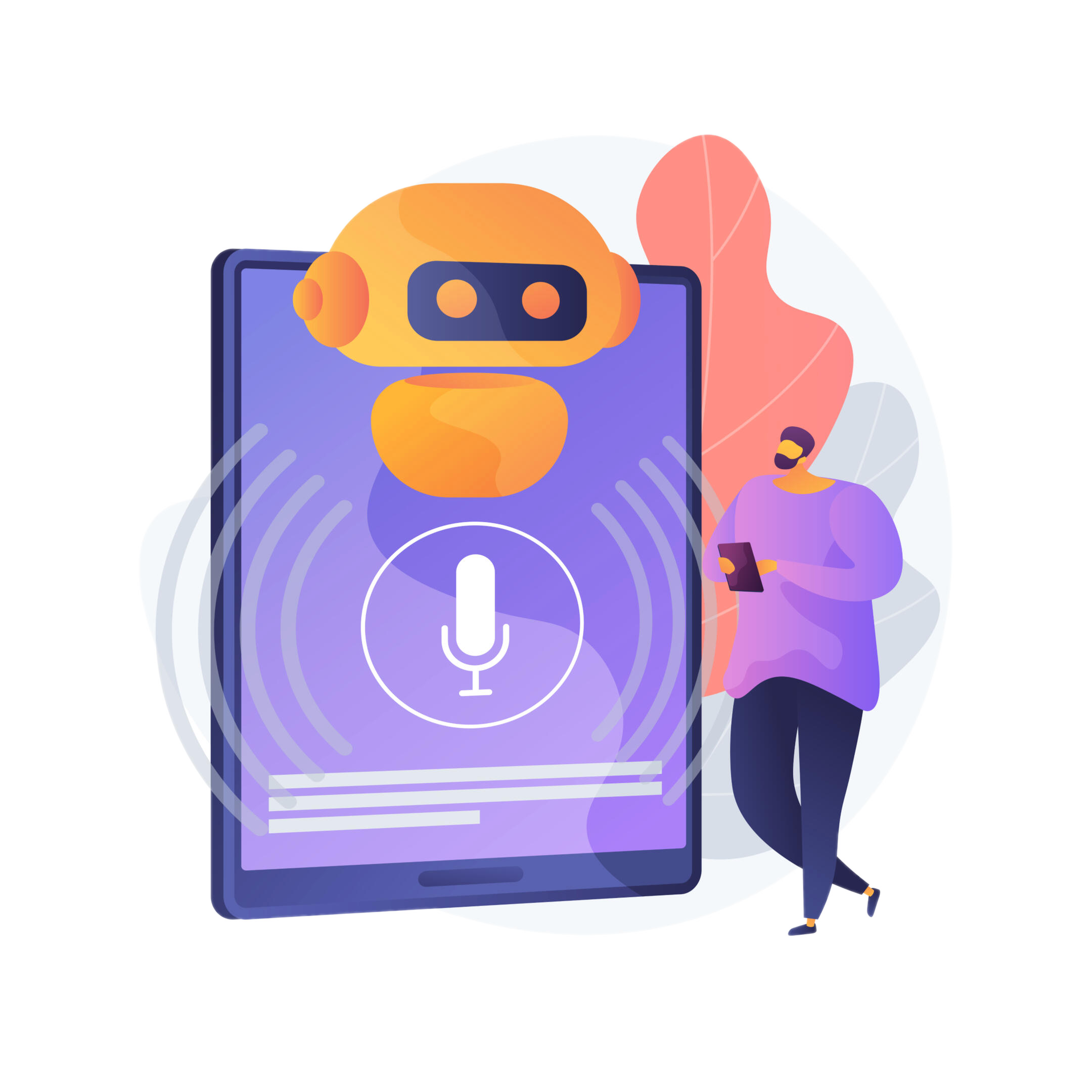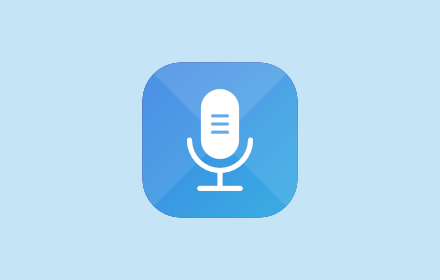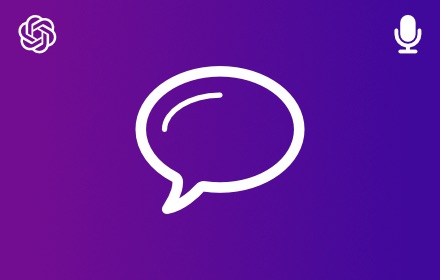Attention: the latest ChatGPT version wreaks havoc on Voice Control
An update has been released to fix the issue. Please reinstall to get the latest version of the extension.
Voice Data Privacy and Security: Navigating the Ethical Minefield
As voice-based technologies become increasingly ingrained in our day-to-day lives, the safeguarding of voice data emerges as an imperative concern. Voice data privacy and security encompasses the measures and ethical considerations involved in protecting the information contained in our spoken words when interacting with various speech recognition systems.
Understanding the Significance of Voice Data Protection
Voice data is profoundly personal. Just like a fingerprint, one's voice can reveal identity, emotions, and even health information. In an era where voice-enabled devices are ubiquitous, from smart speakers to mobile apps utilizing voice-to-text functionalities, the protection of such sensitive information is not just a technical issue but a cornerstone of user trust.
Speech recognition systems convert spoken language into text, but the journey of the voice data doesn't end there. It often travels through networks, is stored on servers, and may be analyzed for improving voice recognition models or targeted advertising. This raises a serious question: how is this data protected from unauthorized access or misuse?
Companies that deal with voice data are obliged to comply with data protection regulations, such as GDPR in Europe, which enforce stringent data handling practices. However, enforcement can be uneven, and the penalties for breaches, although potentially severe, may not be enough of a deterrent.
One of the biggest challenges in voice data privacy and security is the balance between utility and privacy. Users enjoy the convenience that speech recognition technologies bring but may not be fully aware of the extent to which their data is collected and used. Transparency and informed consent are hence critical in this space. Businesses must clearly communicate their data practices and provide users with control over their voice data.
The Technology Behind Securing Voice Data
To implement voice data privacy and security, a multi-layered approach is required, involving both hardware and software solutions.
Encryption is a vital component, ensuring that voice data is scrambled and unreadable to anyone without the appropriate decryption key. Advanced encryption techniques, like end-to-end encryption, provide robust security by only allowing the data to be decrypted at the destination endpoint.
Apart from encryption, anonymization of the voice data can help to mitigate privacy concerns. By removing identifiable markers, voice data can be used for analysis or AI training without exposing personal information. However, perfect anonymization is challenging to achieve, and researchers are continually working on improving these techniques.
On the hardware side, manufacturers are designing devices with built-in features to limit recording or transmission of voice data. For example, physical switches to disable microphones or the use of local processing to avoid sending data to the cloud. This not only enhances security but also provides users with tangible control over their privacy.
Navigating Ethical Concerns in Voice Data Collection
The collection and use of voice data introduce various ethical issues. The onus is on the providers of these technologies to ensure that they are not just legally compliant but are also acting in a manner that is morally tenable.
One ethical consideration is consent. Users should have a clear understanding and meaningful choice regarding how their voice data is used. The concept of informed consent becomes tricky with voice assistants that may be constantly listening, where unintended recordings can occur.
Another ethical issue arises from the potential biases embedded in speech recognition systems. Data used to train these systems may not be representative of all user demographics, leading to discrimination and exclusion. Addressing this requires a conscientious effort to include diverse voices in the data collection process.
Biometric voice data could also be used for surveillance or in ways that infringe on personal freedom, highlighting the need for strong ethical guidelines and oversight. The value of privacy as a fundamental human right must guide the decisions made by companies in this field.
In conclusion, voice data privacy and security are at the forefront of discussions on ethical technology use. As tools like Voice Control for ChatGPT and the compassionate Mia AI assistant advance, addressing these challenges becomes imperative to foster trust and ensure that the benefits of speech recognition technologies do not come at the cost of privacy or ethical integrity.
Subscribe to our newsletter
Subscribe to our newsletter for tips, exciting benefits, and product updates from the team behind Voice Control!
Other projects from the team

Talkio AI
The ultimate language training app for the browser that uses AI technology to help you improve your oral language skills.

VoiceType
Simple, Secure Web Dictation. VoiceType brings the convenience of voice-to-text technology directly to your browser, allowing you to input text on any website using just your voice.

Voice Control for Gemini
Expand the voice features of Google Gemini with read aloud and keyboard shortcuts for the built-in voice recognition.